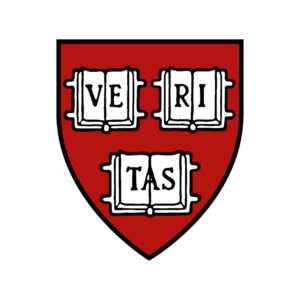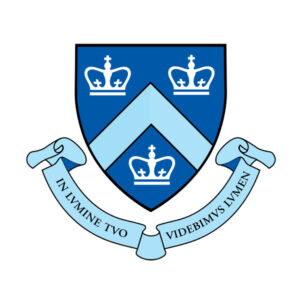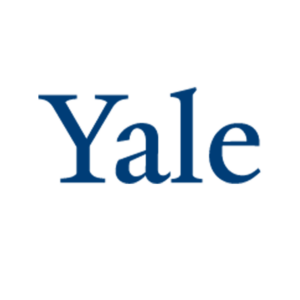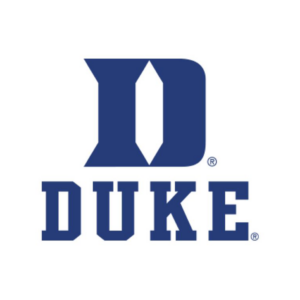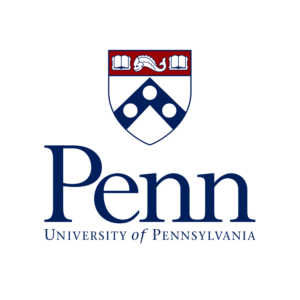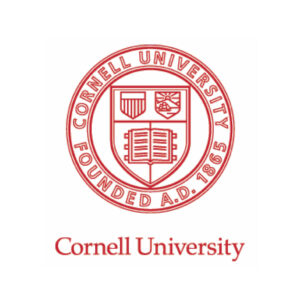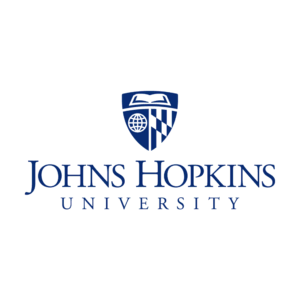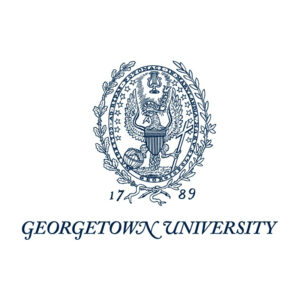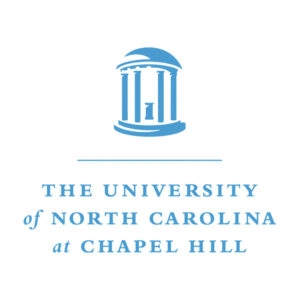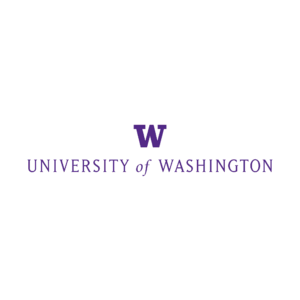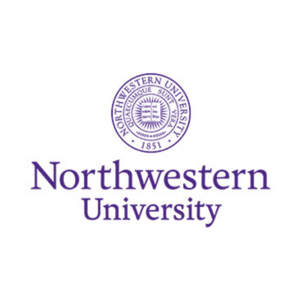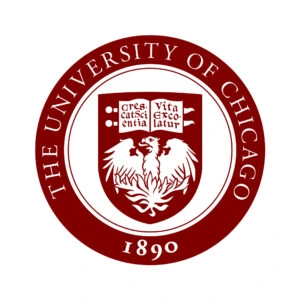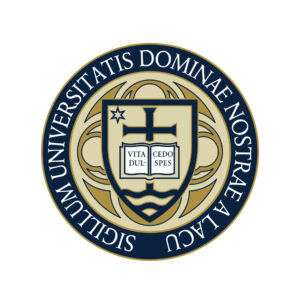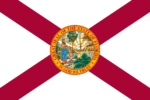
Table of Contents
If you want a career in healthcare, you should start looking for pre-med schools by your sophomore year of high school. That way, you’ll have a solid list of schools by the time you’re a junior and will be ready to apply as a senior. There are many pre-med programs to consider when you search for the best college for a pre-medical student.
A great pre-med program offers quality education, exposure to soft skills necessary to a physician, plenty of resources for students planning for a career in medicine — like research and hands-on clinical experience — and the ability for a student to maintain a high GPA.
Here’s our list of the best colleges — Ivy League or not — to prepare you for medical college admissions.
1. Harvard University
Boston, MA
Acceptance rate: 3.5%
Avg ACT score: 34-36
Avg SAT score: 1550
Application deadline: Jan 1st
Application fee: $85
Tuition: $56,550
Acceptance Rate for Undergrads/Alumni Applying to Medical School: 95%
Harvard has a pre-med advising program and assigns tutors and mentors from sophomore through senior year. This Ivy League school also has exceptional biological science departments.
Harvard’s proximity to hospitals and medical centers means ample clinical and research opportunities. It also doesn’t hurt that Harvard’s medical program has dominated university rankings for years, though they no longer participate in the U.S. News & World Report’s ranking system.
Want to explore different medical specialties? Try our Virtual Shadowing program to get shadowing hours from your couch!
2. Columbia University
New York, NY
Acceptance rate: 4%
Avg ACT score: 34-35
Avg SAT score: 1524
Application deadline: Jan 1st
Application fee: $85
Tuition: $71,170
Acceptance Rate for Undergrads/Alumni Applying to Medical School: 91%
Columbia’s pre-med students receive an education curriculum that meets the requirements for most medical schools. In addition, this Ivy League institution’s Premedical Committee sponsors informational meetings for pre-med students.
3. Yale University
New Haven, CT
Acceptance rate: 5%
Avg ACT score: 33-35
Avg SAT score: 1500-1580
Application deadline: Jan 2st
Application fee: $80
Tuition: $67,250
Acceptance Rate for Undergrads/Alumni Applying to Medical School: 88%
Yale University has a diverse set of programs for pre-med undergrads. Like other schools, they don’t have a specific pre-med major, but most undergrads study biology, math, or even social sciences.
This top-tier Ivy League school’s flexible pre-med tracks are accompanied by this darn good advice.
4. Duke University
Durham, NC
Acceptance rate: 7%
Avg ACT score: 34-35
Avg SAT score: 1520-1570
Application deadline: Jan 2rd
Application fee: $85
Tuition: $66,326
Acceptance Rate for Undergrads/Alumni Applying to Medical School: Not Published
Duke is a research university that offers many options for pre-med students, including health-centered study abroad programs and research experiences.
Duke University Medical School is one of the top med schools in the US, so it’s not surprising they have a handle on how to support future medical students.
5. Boston University
Boston, MA
Acceptance rate: 11%
Avg ACT score: 32-24
Avg SAT score: 144-1520
Application deadline: Jan 6th
Application fee: $80
Tuition: $66,670
Acceptance Rate for Undergrads/Alumni Applying to Medical School: 85%
BU students receive help setting professional goals, meeting med school requirements, and navigating the entire medical school application process.
6. University of Pennsylvania
Philadelphia, PA
Acceptance rate: 6%
Avg ACT score: 34-35
Avg SAT score: 1500-1570
Application deadline: Jan 5th
Application fee: $75
Tuition: $60,920
Acceptance Rate for Undergrads/Alumni Applying to Medical School: 76%
UPenn is home to one of the top medical schools — the Perelman School of Medicine — meaning loads of research opportunities for undergrads. Several of UPenn’s majors offer pre-med focus options as well, and the university offers comprehensive pre-med career services to its students.
Plus, it’s Ivy League, which is not necessary, but it does afford you some prestige if you go there.
7. Cornell University
Ithica, NY
Acceptance rate: 8%
Avg ACT score: 33-35
Avg SAT score: 1480-1560
Application deadline: Jan 1st
Application fee: $80
Tuition: $46,056 in-state, $68,380 out-of-statee
Acceptance Rate for Undergrads/Alumni Applying to Medical School: 76%
It recently launched its Health Professions Advising Center to provide resources and community support for students preparing for careers in the medical field. This includes resources for honing in on the exact career you want and help in figuring out the steps to take to get there.
8. Johns Hopkins University
Baltimore, MD
Acceptance rate: 8%
Avg ACT score: 34-35
Avg SAT score: 1530-1580
Application deadline: Jan 3st
Application fee: $70
Tuition: $64,730
Acceptance Rate for Undergrads/Alumni Applying to Medical School: 97%
Home to one of the best MD schools in the US, Johns Hopkins provides plenty of clinical and research experience opportunities for pre-meds, too.
The advising track at Johns Hopkins involves individual and group appointments, special events, and programs geared toward pre-med student success.
9. Georgetown University
Washington, DC
Acceptance rate: 13%
Avg ACT score: 32-34
Avg SAT score: 1390-1550
Application deadline: Jan 10th
Application fee: $75
Tuition: $67,824
Acceptance Rate for Undergrads/Alumni Applying to Medical School: 75-85%
Georgetown is home to one of the nation’s top medical schools. This makes it even more interesting that Georgetown offers the assurance of admission to high-performing students at the end of their sophomore year.
You read that right — if you perform well during your undergrad years, you can step right into Georgetown University School of Medicine without taking the MCAT.
10. University of North Carolina — Chapel Hill
Chapel Hill, NC
Acceptance rate: 19%
Avg ACT score: 30-34
Avg SAT score: 1370-1530
Application deadline: Jan 15th
Application fee: $85
Tuition: $7,020 in-state, $43,152 out-of-state
Acceptance Rate for Undergrads/Alumni Applying to Medical School: 90%
UNC-Chapel Hill offers Specialized Training Tracks for several disciplines in medicine, particularly research related. They also offer a 9-week intensive program for students who lack opportunities for pre-med study or who want to reaffirm their desire to pursue a medical career.
Work with a former college admissions committee member to optimize your application and get into the best pre-med college for you!
11. Stanford University
Stanford, CA
Acceptance rate: 4%
Avg ACT score: 34-35
Avg SAT score: 1510-1580
Application deadline: Jan 5rd
Application fee: $90
Tuition: $65,127
Acceptance Rate for Undergrads/Alumni Applying to Medical School: Not Published
The Stanford Pre-Medical Association ensures that pre-med students have the resources and opportunities they need for success. Pre-med advisors are available to help you plan coursework, discuss options, set goals, and find internships.
12. University of Washington
Seattle, WA
Acceptance rate: 43%
Avg ACT score: 30-34
Avg SAT score: 1260-1510
Application deadline: Nov 15th
Application fee: $80
Tuition: $12,973 in-state, $43,209 out-of-state
Acceptance Rate for Undergrads/Alumni Applying to Medical School: Not published
UW is one of the best state universities for pre-medical education. Career coaches are available to help students navigate course selection, shadowing, and research opportunities.
Premed students at UW collaborate with UW Medicine and have ample research and volunteer opportunities.
13. Northwestern University
Evanston, IL
Acceptance rate: 7%
Avg ACT score: 33-35
Avg SAT score: 1490-1580
Application deadline: Jan 1nd
Application fee: $75
Tuition: $67,158
Acceptance Rate for Undergrads/Alumni Applying to Medical School: Not Published
Northwestern’s Health Professions Advising Office provides many resources for pre-med students of multiple disciplines. Not only will they help students with coursework and extracurriculars, but they also host workshops and events.
Northwestern also boasts an impressive medical school to boot.
14. University of Chicago
Chicago, IL
Acceptance rate: 5%
Avg ACT score: 34-35
Avg SAT score: 1510-1570
Application deadline: Jan 6rd
Application fee: $75
Tuition: $67,446
Acceptance Rate for Undergrads/Alumni Applying to Medical School: 75.2%
The University of Chicago offers unique cohort-based programs for students to explore career options and gain first-hand experience early on in their education. Programs vary from 5 weeks to a full year and are available independently or in addition to typical coursework.
15. University of Notre Dame
Notre Dame, IN
Acceptance rate: 12%
Avg ACT score: 33-35
Avg SAT score: 1440-1540
Application deadline: Jan 3rd
Application fee: $75
Tuition: 65,025
Acceptance Rate for Undergrads/Alumni Applying to Medical School: 84%
Notre Dame offers the unique Arts and Letters pre-health supplementary major. Students are encouraged to study arts and humanities in conjunction with the typical pre-med science courses.
This is a refreshing approach to the pre-med tracks often geared towards math and science-heavy majors like biology or engineering.
Factors to Consider When Choosing a Pre-Med Program
We’ve listed some top-notch schools for pre-med studies, but know that plenty of other great pre-med programs are available. At the end of the day, choose the institution that works best for you. Here are the primary factors to consider when choosing your pre-med program:
- Faculty-to-student ratio: When you need letters of recommendation to get into medical school, a low faculty-student ratio helps you. If class sizes exceed 80-100, you may end up with generic, fill-in-the-blank letters from professors who hardly know you.
- Financial aid: Almost 84% of undergrad students get financial aid — be it federal, state, or institutional. If you need assistance, see if the school offers it. For instance, Yale is dedicated to covering 100% of a student’s “Demonstrated Financial Need” without loans.
- Student body satisfaction: Check college review pages. With minimal effort, you can see how happy previous students were with their experience. Lots of bad reviews should send up a red flag.
- Study abroad opportunities: Studying abroad and global internships, such as Global Medical Brigades, are great ways to gain experience, improve your application, and become a better future physician. Look for these opportunities in pre-med programs.
- MCAT preparation: Every pre-med knows the MCAT is a vital part of the medical school application process. Some schools can help students by having MCAT preparation partnerships. (Check out our free MCAT study schedule here.)
- Extracurriculars, especially research and clinical opportunities: Just like the right high school extracurricular activity looks great on a college application, you want great pre-med extracurricular activities on your med school application. These might include research opportunities, shadowing health professionals, or internships in the health science field.
About Medical School Acceptance Rates
Should you look at published acceptance rates? It doesn’t hurt to look at published acceptance rates into medical school, but they can be misleading. You want a school that promises its pre-med track will usher you into medical school, but you should not enroll in an undergraduate program based on its self-reported success rate alone.
Many schools publish their students’ acceptance rates but don’t paint a full picture with these numbers. There may be students who weren’t supported through the medical school admissions process because of their grades or MCAT scores, and the school won’t count these students in their numbers.
Bottom line: You want to ensure you know the whole story. Look up news articles, alumni reviews, and subreddits dedicated to the school.
Pre-Med Courses
You can be a pre-med from any undergraduate school in the country. While the term “pre-med” gives you a clear idea of where you want to end up, there’s plenty of wiggle room with your undergrad coursework. Pre-med is not a major, but rather a set of prerequisite courses for med school.
Undergraduate students can choose any major if they meet pre-med requirements and maintain an exemplary GPA. That said, some schools, like the ones above, have well-defined paths for pre-professionals, particularly pre-med students.
What is the best pre-med major? The best pre-med major is the one you’re passionate about. While many pre-med students opt for medicine-adjacent majors — biology, chemistry, neuroscience — you can be a pre-med liberal arts major if you desire, as long as you take the necessary prerequisites.
Required courses vary by medical school, but these pre-medicine courses are a good starting point:
- Biology with lab
- Chemistry with lab
- Organic chemistry with lab
- Physics with lab
- Biochemistry
- Calculus
- Statistics
- College English
- Behavioral science (psychology, sociology, anthropology, etc.)
This is a standard set of requirements. Your pre-med advisor will help you plan your courses and offer mentorship to fit your unique needs. The good news is, provided the school has a strong biological science department, you can take the courses you need just about anywhere.
Get Help From the Experts
You need to get into a good pre-med college to improve your chances of getting into the medical school of your dreams. Don’t leave anything to chance. Get help from people who have done it before and who’ve helped hundreds more achieve the same and more.
Our college admissions experts can curate your school list and optimize your application to boost your odds of earning a white coat down the road.

Renee Marinelli, MD
Dr. Marinelli has practiced family medicine, served on the University of California Admissions Committee, and has helped hundreds of students get into medical school. She spearheads a team of physician advisors who guide MedSchoolCoach students.
